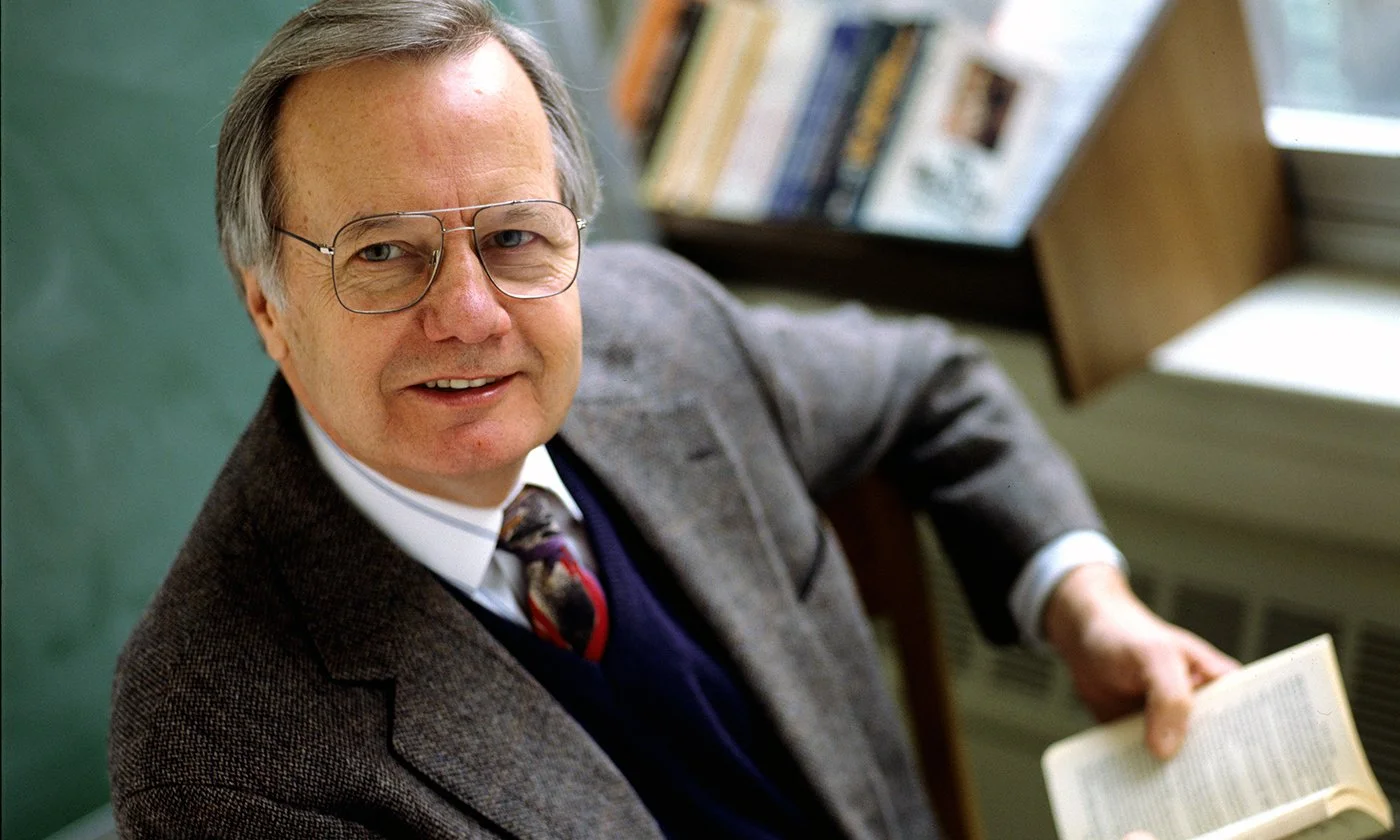The year was 1976 and Jimmy Carter, a Sunday school teacher from Georgia, had shocked major newsrooms by discussing his "born again" faith.
Presidential candidates were not supposed to do things like that.
At CBS News, special correspondent Bill Moyers received a green light for a prime-time feature, "What It Means to be Born Again." After seeing the finished piece, a network executive pulled Moyers aside to chat.
The man's face was so serious, "that I thought he was about to tell me he'd been born again," Moyers told me in 1987. No, the executive said: "That was the worst show I have ever seen in my life."
The program was "cut to bits," Moyers said. Network leaders "didn't think it was news. They just didn't understand what was going on."
The broadcaster faced this disconnect many times. Moyers died on June 24 at the age of 91, after a long and complex career in which he served as speech writer and press secretary for President Lyndon Johnson, followed by decades of work with CBS, NBC and PBS. However, before that, the Rev. Bill Moyers was a Southern Baptist pastor in Texas towns like Brandon and Weir. He was proud of those roots and his convictions as a progressive Baptist.
"By no means is Moyers a typical Southern Baptist," I noted, in a 1993 "On Religion" column. "He is the rare Southwestern Baptist Theological Seminary graduate whose books and tapes are popular at New Age conventions. He is a hero wherever there are Baptists whose annual donations to National Public Radio are greater than their gifts to Focus on the Family."
Preaching before the first presidential inauguration of Bill Clinton, another Baptist progressive, Moyers got down to basics, sharing a saying passed on by his father -- Cain and Abel were "the first Baptists because they introduced fratricide" to the biblical drama.
At the heart of Baptist life "is what we call soul competency," he explained.



